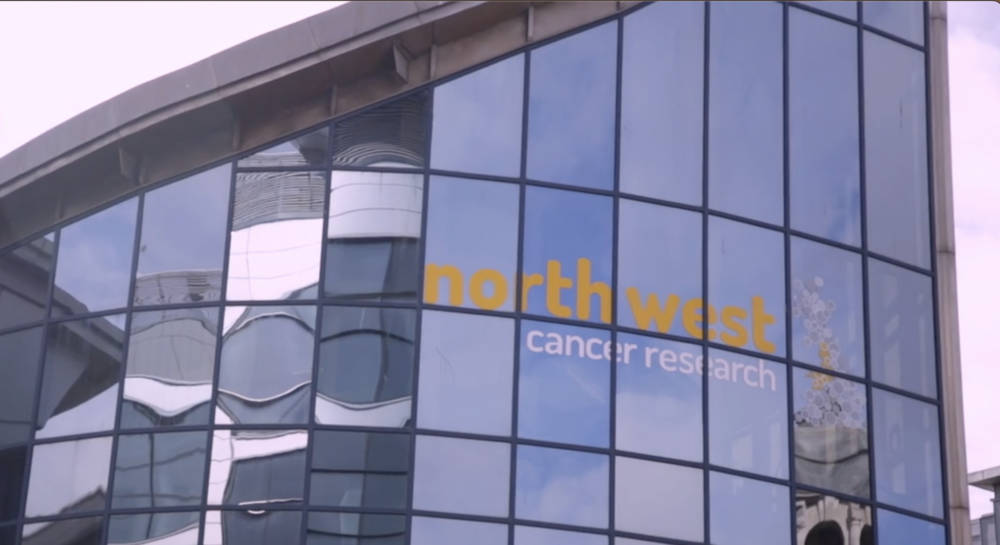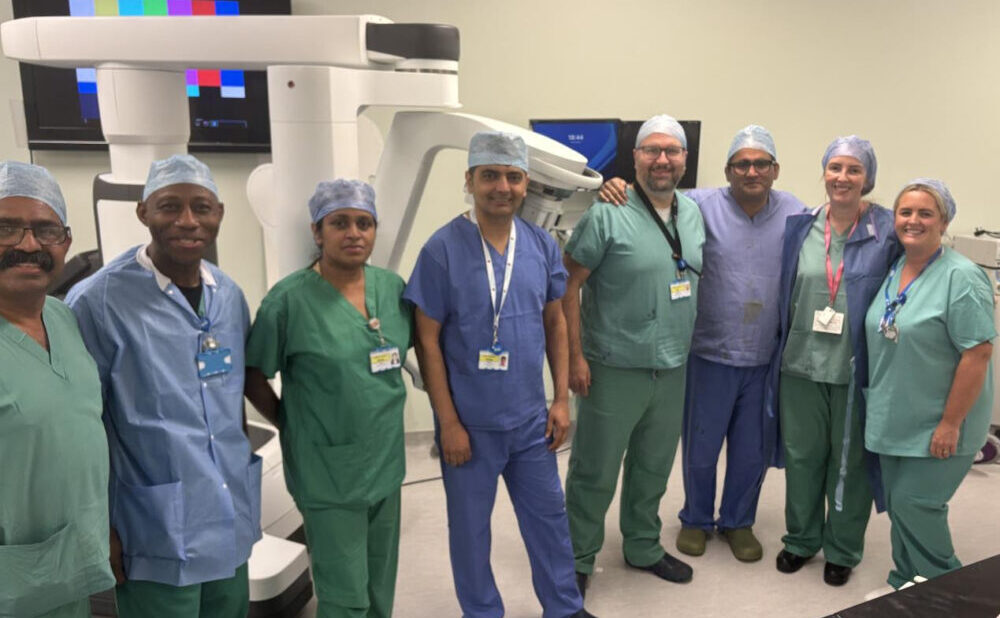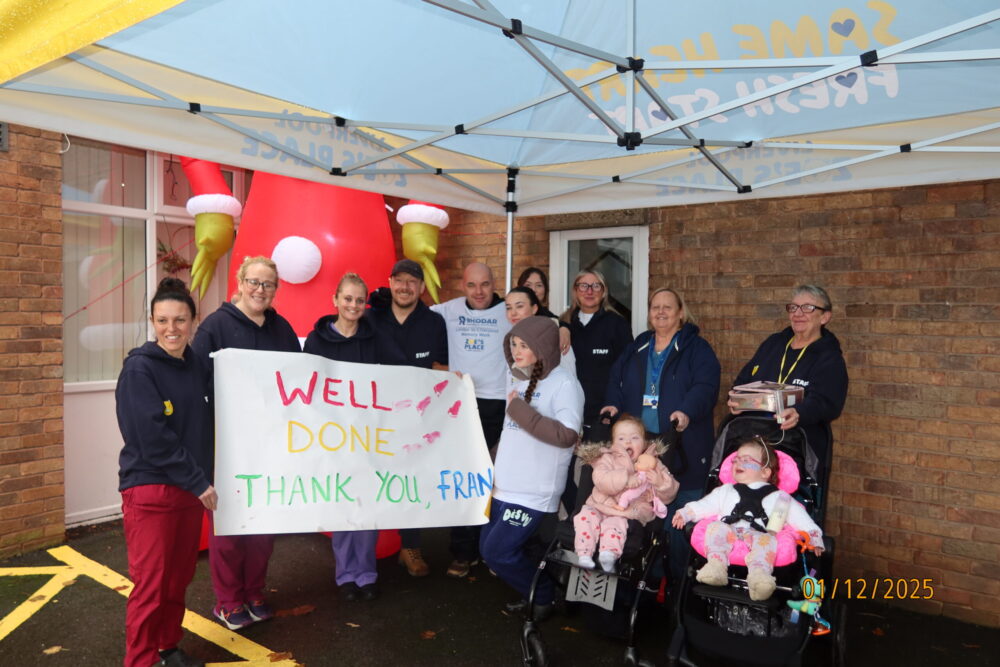
Health & Fitness
North West Cancer Research launches campaign to help lower oesophageal cancer rates
11 months ago

Problems swallowing, unexplained weight loss and heartburn are just some of the signs that North West Cancer Research is telling us not to ignore, as part of its latest campaign.
Launched today (Wednesday 22 January), Don’t Ignore the Signs highlights the most common symptoms of oesophageal cancer, urging people to take notice and to see their doctor.
The campaign features well-known road signs – that we would never ignore – to help raise awareness of the impact the disease has on the region and how to improve early detection.
In the North West, oesophageal cancer rates are 24% higher than the national average, while death rates are 19% higher the national norm, according latest data.
As part of its vital work to tackle the cause, improve the care and find the cures for cancer, North West Cancer Research is hoping its latest campaign will make a difference in fighting the disease.
Among those backing the initiative is Alan Parkinson, who was diagnosed with oesophageal cancer in 2022.
The 68-year-old grandfather-of-two, from Liverpool, said:
“In 2006, I had suffered an injury at a football match in Holland which caused a hernia to develop, in turn leading to regular symptoms of reflux or heartburn.
“I later developed ‘Barretts Oesophagus’, which is a condition where cells in your food pipe start to change which can lead to more serious issues.
“Because of this, and the risks it carried, I was monitored and was having regular check-ups. It was during one of these appointments that my doctor spotted a lump the size of a peanut on the inside of my oesophagus – I could see it on the screen myself during the scan and I knew instantly that it was cancer.
“Being told it was cancer and that I needed chemotherapy to shrink the tumour followed by surgery to remove the oesophagus was surreal and scary.
“I knew nothing about this type of cancer beforehand so it was a massive shock for us all and I was terrified that I wouldn’t be around to meet my grandchildren who, at the time, were on their way.”
Alan added:
“It’s very easy to brush off symptoms and think it’s something more trivial like heartburn or indigestion, but there is usually a reason it is happening. Sometimes, it’s your body telling you something is wrong and, when that happens, you need to pass that message on to your doctor.
“I am now well into recovery, back in the gym and back to my yoga classes, but I was one of the lucky ones – because I caught it early before it spread.”
Oesophageal cancer is a condition that affects the tube that carries food to the stomach, and can occur in any part of the oesophagus, including where it joins the stomach.
While it is more common in older people and also more likely in men, anyone can get it so knowing the signs is important, that charity says.
The main symptoms of oesophageal cancer include:
- Having problems swallowing
- Feeling or being sick
- Heartburn or acid reflux
- Symptoms of indigestion, such as burping a lot
Other symptoms include a continued cough that doesn’t appear to be getting better; a hoarse voice; loss of appetite or unexplained weight loss; feeling tired or having no energy; and pain when swallowing, particularly in your throat or middle of your chest.
Jeremy Ward, a consultant oesophageal surgeon at Lancashire Teaching Hospitals NHS Foundation Trust, said:
“The symptoms of oesophageal cancer can often be overlooked because they are often related to another, less serious condition, so it can feel easier to ignore them.
“However, early detection is key – seeing a doctor as soon as you feel something is wrong means you could receive a diagnosis when the cancer is still in its early stages. Ultimately, it could save your life by getting checked and not ignoring the signs.”
As a whole, rates of cancer in the North West are 25% higher than the rest of England. North West Cancer Research funds projects that aim to reduce such inequalities through tackling the cause, improving the care and finding the cure for cancer.
Alastair Richards, CEO at North West Cancer Research, said:
“A person’s risk of developing cancer is reliant on a number of factors, including age, genetics and environment.
“Here in the North West, we have some of the most deprived areas in the country and, as such, our cancer rates are higher than the national average. This absolutely should not be the case and our work aims to close this inequality gap.
“There are, however, steps that we can all take to ensure cancers, including oesophageal, are spotted and treated early, resulting in improved outcomes.
“One of these steps is, of course, looking out for the signs – our latest campaign shines a spotlight on the most common symptoms, many of which people may mistake for other less serious conditions. Our message is simple: don’t ignore the signs, as it could save your life.”












 Subscribe
Subscribe Follow Us
Follow Us Follow Us
Follow Us Follow Us
Follow Us Follow Us
Follow Us











